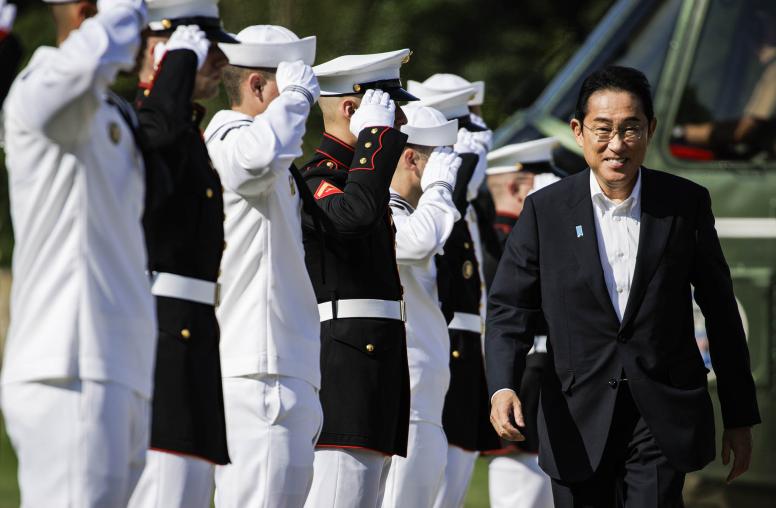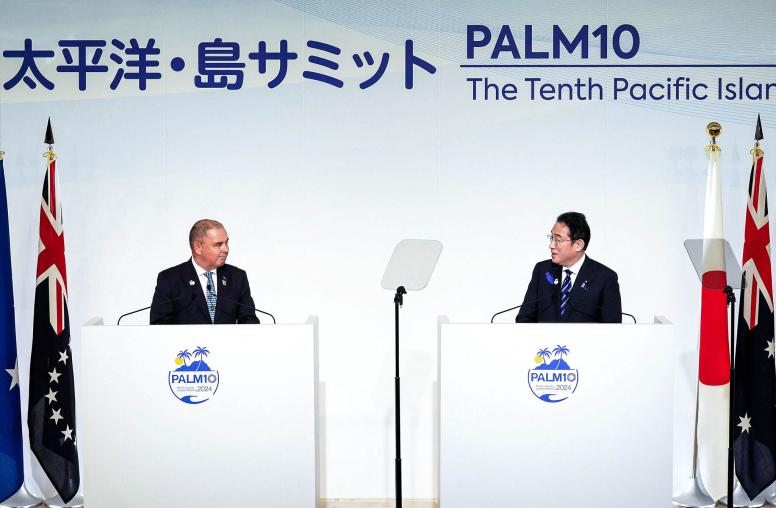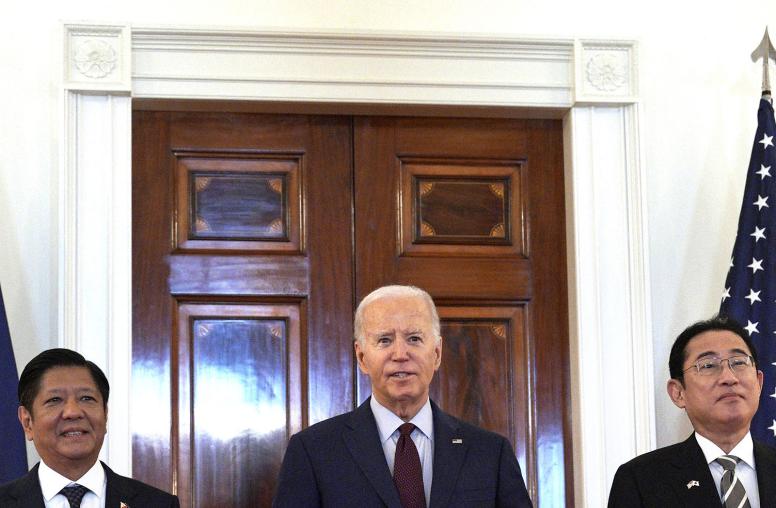Resolving Tensions Between South Korea and Japan
Creative Approaches to Strengthening the Relationship
South Korea and Japan normalized relations in 1965, but unresolved historical disputes continue to undermine genuine bilateral reconciliation and optimal diplomatic, security and economic cooperation. Past efforts — both between the two countries and trilaterally with the United States — to help improve relations have generally emphasized a “future-oriented” approach that focused on common security and economic interests. However, the lack of a fundamental and permanent resolution to historical grievances has also meant chronic bilateral unease and periodic flareups of heightened friction.
To address this shortfall, USIP has launched an essay series that explores new and creative approaches for finding an enduring resolution to Japan-South Korea tensions. The series invites subject matter experts to offer a fresh perspective on the challenge by either examining a new approach or a creative take on an existing approach.
On November 4, USIP hosted a conversation with five of the essayists on the sources of tension in the Japan-South Korea relationship and the creative ways in which policymakers, practitioners, and experts can address topics such as forced labor, collective wartime memories, the legacy of “comfort women,” the U.S.-South Korea-Japan trilateral alliance, and regional stability.
Continue the conversation on Twitter with #ROKJPNRelations.
Speakers
Alexis Dudden
Professor of History, University of Connecticut
Jonathan Miller
Director of the Indo-Pacific Program and Senior Fellow, Macdonald-Laurier Institute
Nathan Park
International Litigation Lawyer; Nonresident Fellow, Sejong Institute in South Korea
Dan Sneider
Lecturer, East Asian Studies, Stanford University
Timothy Webster
Professor of Law, Western New England University
Frank Aum, moderator
Senior Expert, Northeast Asia, U.S. Institute of Peace



